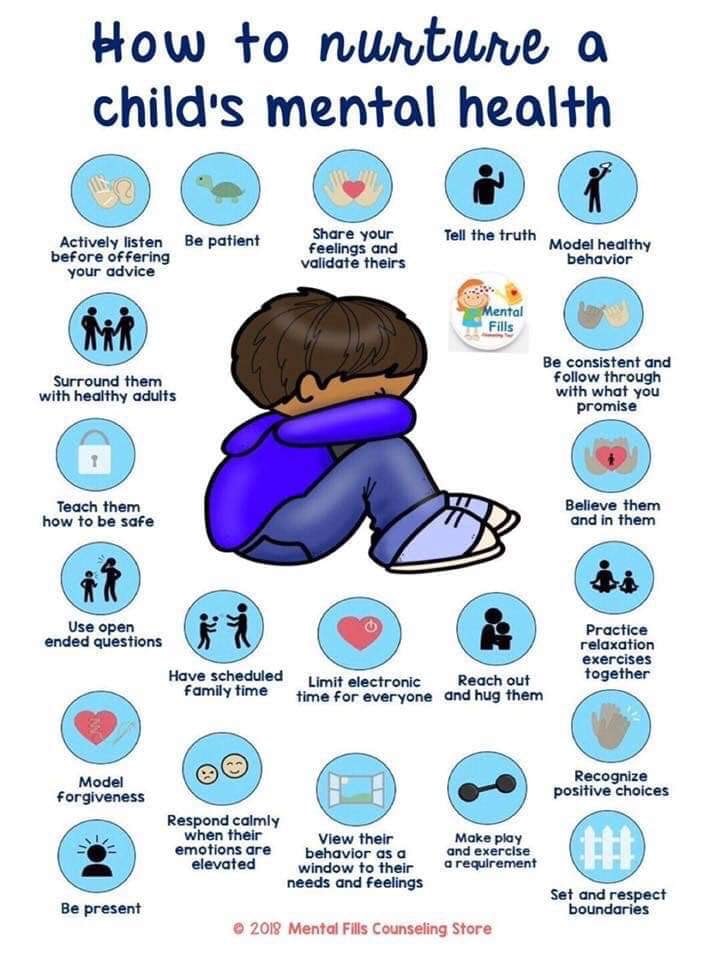Children's Mental Health

The Importance of Children's Mental Health
Children's mental health is critical to their overall well-being. It affects their ability to learn, form relationships, and function in society. Mental health problems can lead to academic difficulties, behavioral problems, and social isolation. Furthermore, untreated mental health problems can lead to more severe issues later in life.
Common Mental Health Problems in Children
There are several mental health problems that children may experience. These include:
- Anxiety disorders
- Depression
- Bipolar disorder
- Attention-deficit/hyperactivity disorder (ADHD)
- Eating disorders
- Schizophrenia
Causes of Mental Health Problems in Children
Several factors can contribute to mental health problems in children, including:
- Genetics
- Environmental factors
- Stressful life events
- Brain chemistry imbalances
- Trauma
- Substance abuse
How to Support Children's Mental Health
There are several ways to support children's mental health:
- Encourage open communication
- Provide a safe and nurturing environment
- Teach coping skills
- Model healthy behavior
- Encourage physical activity and healthy eating habits
- Seek professional help when necessary
Benefits of Seeking Help
Seeking professional help for mental health problems can have several benefits:
- Improved quality of life
- Improved academic and job performance
- Improved relationships
- Reduced risk of substance abuse and other health problems
Drawbacks of Not Seeking Help
Not seeking help for mental health problems can have several drawbacks:
- Increased risk of more severe mental health problems
- Academic and job difficulties
- Relationship problems
- Substance abuse and other health problems
Frequently Asked Questions (FAQ)
Q: What are some signs of mental health problems in children?
A: Some signs of mental health problems in children include changes in behavior, mood, or personality, difficulty sleeping or eating, and decreased academic performance.
Q: Can mental health problems be prevented in children?
A: While some mental health problems cannot be prevented, there are several strategies that can reduce the risk of developing them. These include promoting healthy behaviors, providing a safe and nurturing environment, and teaching coping skills.
Q: How can parents support their child's mental health?
A: Parents can support their child's mental health by promoting open communication, providing a safe and nurturing environment, teaching coping skills, and seeking professional help when necessary.
Q: What should I do if I think my child has a mental health problem?
A: If you suspect that your child has a mental health problem, it is important to seek professional help. This may include talking to your child's doctor, a mental health professional, or a school counselor.
